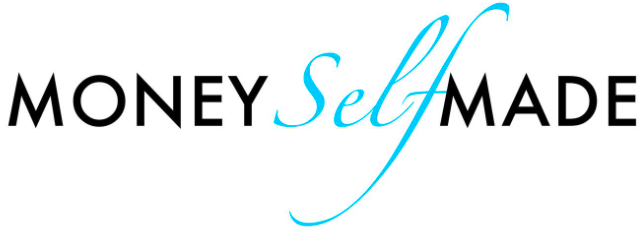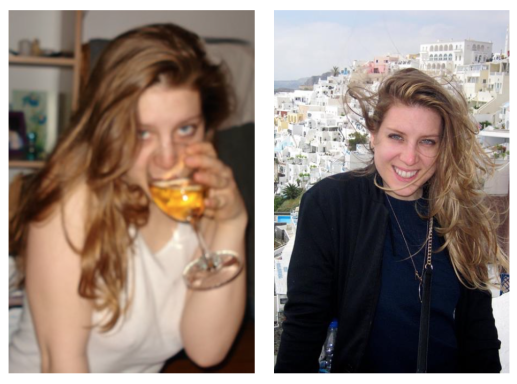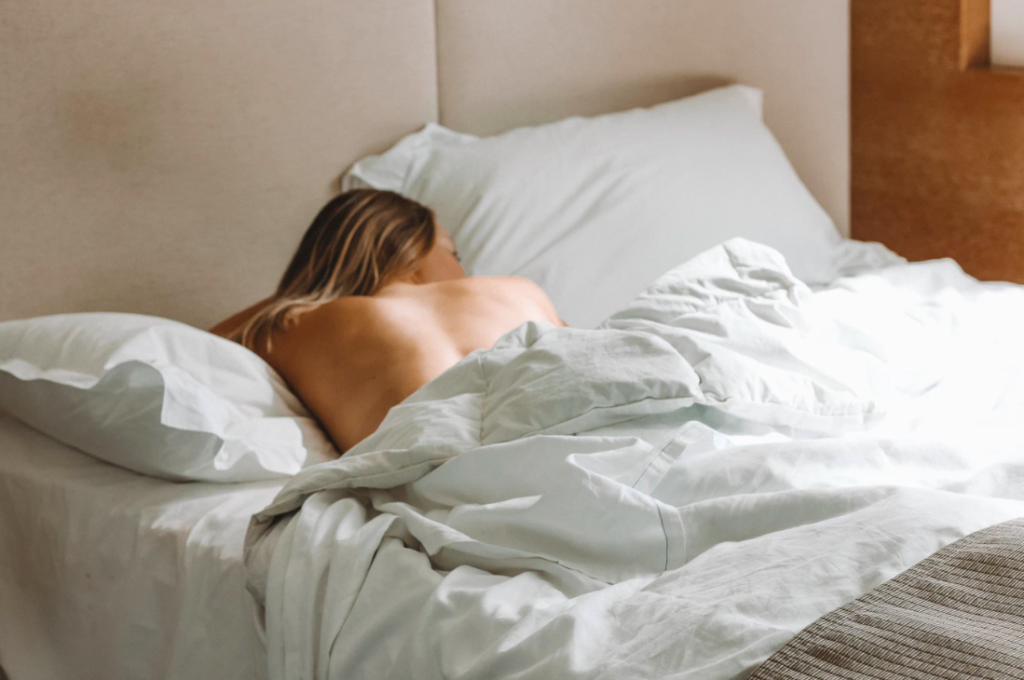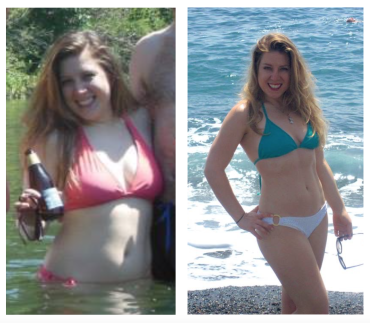Table of Contents
What is Dry January?
Dry January is a pledge to take a month long break from drinking. It is also an opportunity to set a healthy tone for your year, recover from holiday festivities, reflect on your relationship with alcohol, rejuvenate your health, and flex your discipline muscles. The movement has become so popular, it is starting to bleed into other months: Sober September, Dry July, and Sober-Tober.
My Dry January Before and After
In 2020, I realized I was sober curious. I started to get suspicious that drinking alcohol, even in small doses, was not actually as enjoyable or beneficial as I had originally been sold.
That is when I learned that alcohol’s harm score, as defined by its detrimental effects on the user and society, is 72. This means it ranks it higher than heroine (55), crack (54) and meth (33).
After reading ‘The Compound Effect’ by Darren Hardy, I decided to take inventory of how I was spending my most valuable resource: time. My ‘investor brain’ start examining the compounding returns of my life habits.
I decided to try something I had never done before: a 30-day reprieve from alcohol to save time, money, and get healthy.
Here’s what I learned:
1. I slept better
While I had been using wine to ‘relax’ for years, it seemed to be doing the opposite of its intended purpose.
Before I quit drinking, I had acquired an assortment of bizarre insomniac habits & gear (strange bedtime rituals, excessive pillows) in an effort to sleep better. As soon as I quit, I started packing in a full 9 hours of serene, decadent, non-stop REM cycles often, and woke up feeling blissed out and rested.
2. I lost weight
I’m not really the type of person that has the self control to maintain a six-pack, but when I quit drinking the fat just melted off. Drinking causes the loss of inhibitions, which encourages over-eating. The munchie party tends to last into the next day when you eat for energy or comfort from your morning after fatigue.
Booze is also nothing but dead calories with no nutritional value. Avoiding alcohol helped me keep my healthy decisions in check a spared me from drinking a glass of sugar every night.
3. I saved money
Millennials spend an average of $300 a month on alcohol. I gotta say, it was pretty delightful seeing my bill at a restaurant cut in half.
At $15-20 per drink, the cost analysis of my weekend brunching habit was not showing positive ROI. If drinking was an investment, it would be worse than a high fee Wells Fargo checking account.
A glass of wine is almost the same price as an entrée. A few drinks with dinner each week can set you back at least $100 a month. Even if you are slumming it with two-buck chuck, a few bottle of wines a week and a few bar tabs is a $60 a month habit.
4. I had more time
The money I saved is cheap compared to the valuable hours of life I won back from feeling miserable. Have you ever had a hangover that seems to last for days? Or one that the only way to fix was with another drink?
Behaviors can compound just as much as index funds. For example, my daily writing habit has compounded into a couple of books and this blog you’re reading. Telling my husband how wonderful he is has the compounding reward of more love.
On the flip side, habits can compound in a losing direction. A daily habit of slouching over your phone can lead to neck pain and bad posture. And alcohol was definitely compounding in the wrong direction.
5. Alcohol actually doesn’t taste great
I used to think I love the way wine tasted. After 30 days, a glass of wine tasted like rotten fruit juice. Which makes sense, because that is what it is. Vodka tasted like nail polish remover, and beer smelled like bad breathe. My new drink of choice had become Pellegrino water with lime as something fancy to hold in my hand a special occasions, and I still prefer it to alcohol.
6. I developed healthier, more interesting habits

There are so many things you can get done on a Saturday when you aren’t nursing a hangover or boozing it up at brunch. To distract myself from drinking-related activities, I had to think of cool things to do on Friday nights that didn’t involve bars, parties, or night clubs.
I started going to the gym, writing, bike-riding, and baking. My life became richer because I wasn’t dwindling it away in a dark bars. It forced me to get creative, and inevitably become a more interesting person.
7. That tipsy feeling? Over-rated
I noticed having a cocktail makes me feel woozy and out of control, but not happier or more relaxed. At best, a glass of wine makes me super sleepy, and at worse, it incurs headaches, nausea, and hangovers. I also discovered the creepy sense of anxiety I was feeling was being caused by (not cured by) my thrice weekly glass of wine rituals. It made me wonder: how long have I been drinking just because that’s what people do, instead of it being an enjoyable use of my time?
8. My attractiveness increased
Jennifer Lopez doesn’t drink because she says it ages you and dries out your skin. After quitting booze for a month, my face lost that red, puffy look that comes from drinking. My skin glowed and my eyes sparkled brighter.
Needless to say, when you’re in better shape, maintaining a higher brain cell count, and are in complete control of your motor functions, you quickly become the life of the party. An added bonus was admiration and cheerleading from friends and strangers. I didn’t face any judgment or condemnation, just support and praise.
Side Note: Have you ever been a sober person in a room full of drunk people? Nothing will reinforce your decision to quit drinking faster.
9. My creativity and productivity surged
I approached every day with a clear head and an early start, and found myself fast approaching my goals like never before. It was easier to keep my morning routine and habits like exercise going. Quitting drinking enhanced progression toward every other goal in my life.
10. Sobriety is a secret super power
Brene Brown said this, and I agree. Part of the reason why I quit is that I noticed it was a trait adapted by many successful people I admire. A few famous celebrities who don’t drink include Natalie Portman, Zak Efron, Bradley Cooper, Jada Pinkett Smith, Kate Moss, and tons more.
It makes sense. Accomplishing big things in life comes easier when you aren’t mentally impaired for 10-30% of the time. And because a large portion of the population drinks, you suddenly get the ultimate competitive advantage.
11. The more self-control you practice, the more you gain
“It is better to conquer yourself than to win a thousand battles. Then the victory is yours”- Buddha
Deep, right? In the chicken-and-egg question of desire and self control, the truth is, it is like anything in life: the more you practice, the better you get. Whether it is avoiding fast food, quitting smoking, or whatever resolution you have planned for 2021, every time you make the decision not to give in, you become stronger.
Every time you break that promise to yourself, it rocks your ability to trust yourself.
Dry January was a challenge at first. Now I jump at every opportunity to practice self control, because I know it makes me feel proud of myself.
The more I am able to control my actions and my thoughts, the more powerful I become, and the more I am able to shape the world around me. If I want to live in a free world (and I do), I know it is up to me and only me to manage myself, my well-being, and my happiness.
The greatest minds understand that small acts of will power like these build towards greatness, because they contribute towards self ownership and personal empowerment. What will a self-control practice do for you?
“I would rather be my own tyrant than have some one else tyrannize me.” – Rockefeller
Want to try the 100 Day Challenge for yourself?
The results might surprise you.
Dry January Benefits and Alcohol Myths Busted
- Alcohol also disrupts blood sugar levels, causing weight gain and poor sleep.
- Booze inhibits your REM sleep, wreaks havoc on your liver, weakens the heart muscle, and is a known carcinogen.
- Alcohol is linked to over 60 diseases, including cancer, heart disease, and high blood pressure.
- It lowers libido, sex drive, and fertility.
- Instead of relaxing you, alcohol is proven to increase anxiety, depression, and social problems. Long term drinking can permanently alter your brain.
- Alcoholism is not ‘genetic’. It’s is an addicting substance and everyone is vulnerable.
Needless to say, any stretch of sobriety will begin to heal these health risks.
Dry January Timeline
I am not a doctor and I can only speak from experience. If you are struggling with symptoms of severe alcohol addiction, please consult a medical professional before quitting drinking.
Here is what you might experience your first days months, and weeks of sobriety and beyond:
- Day 1: The worst of your hangover will subside,
- 3 days: Effects of your hangover will fully wear off
- 5 days: Your mood will improve.
- 10 days: You may get sugar cravings. Make sure to indulge
- Days 1-15: You will sleep better and have more energy
- 30 days: You may experience weight loss. You may realize you never want to drink again
- 90 days: Your new routine will feel normal
- 100 days: The voice in your head telling you to drink will quiet




